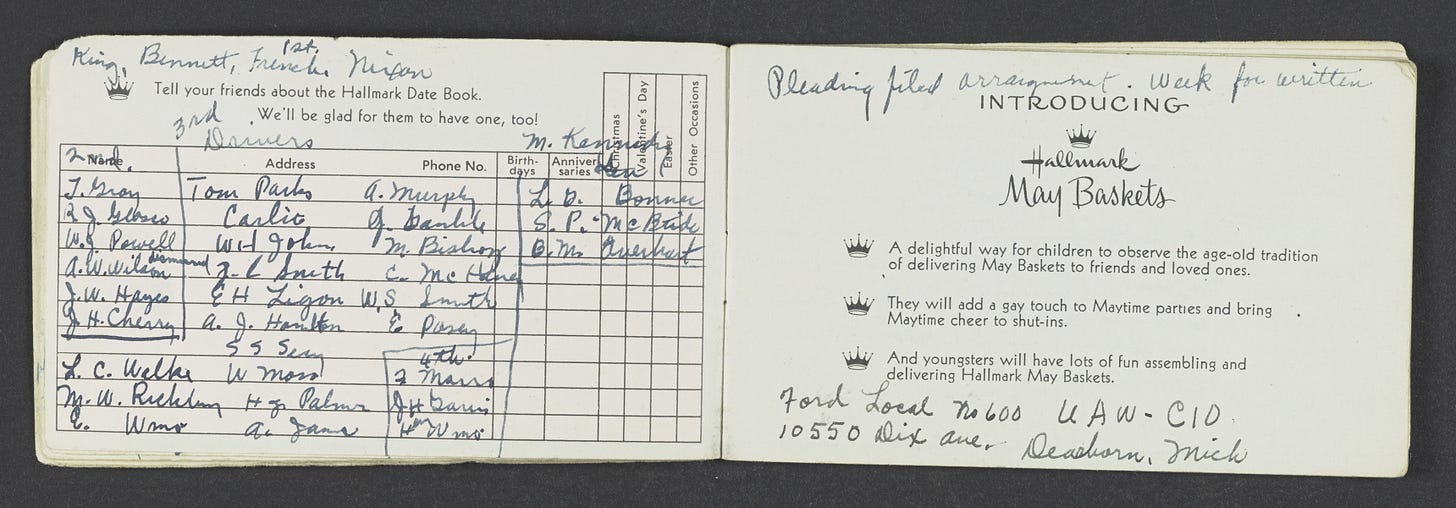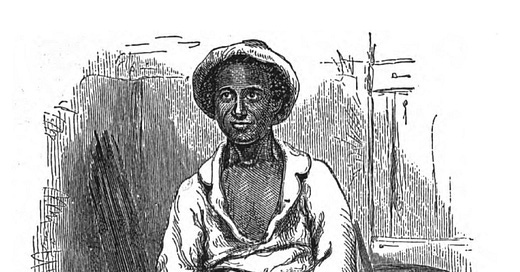On Juneteenth, the Past Isn't Dead
America’s history includes nearly 250 years of legalized racial slavery and another 100 years of Jim Crow segregation and discrimination.
On this Juneteenth weekend, I watched two films on Prime Video that show the brutal and oppressive systems of slavery and Jim Crow, Twelve Years a Slave and The Long Walk Home.
Twelve Years a Slave tells the story of Solomon Northrup, a free Black man from New York who was kidnapped and enslaved on a Louisiana plantation from 1841-1853. The film chronicles the brutal realities of Northrup’s experience under the oppressive system of slavery. It depicts the physical and emotional abuse endured by Northrup and his fellow enslaved individuals, highlighting the inhumanity and injustice of this antebellum institution. Through powerful performances, haunting visuals, and a focus on historical accuracy, the film serves as a stark reminder of the horrors of the past and the ongoing importance of acknowledging and learning from history.
The Long Walk Home details the events of the 1955 Montgomery Bus Boycott, a protest campaign against the policy of racial segregation and a foundational event in the civil rights movement. Miriam Thompson is a white housewife who leads a sheltered life within the confines of her comfortable suburban existence. Odessa Cotter is a Black maid who works tirelessly for Miriam's family. As the boycott gains momentum, Odessa decides to walk to and from work daily, despite the physical and emotional toll it takes on her. Miriam finds herself gradually awakened to the harsh realities of racial discrimination as she witnesses the lengths to which Odessa and others are willing to go in their fight for civil rights. The film highlights the hatred and vitriol of many white southerners in the Jim Crow era. It also underscores the significance of individual actions, empathy, and solidarity in the fight against racial injustice.

America’s history includes nearly 250 years of legalized racial slavery and another 100 years of Jim Crow segregation and discrimination. These are not events of ancient history. The two most recent Presidents, and nearly half of all members of Congress today, were born in the Jim Crow era. The impact of 350 years of institutionalized racism doesn’t disappear in one generation. As William Faulkner reminded us, “The past is never dead; it’s not even past.”




